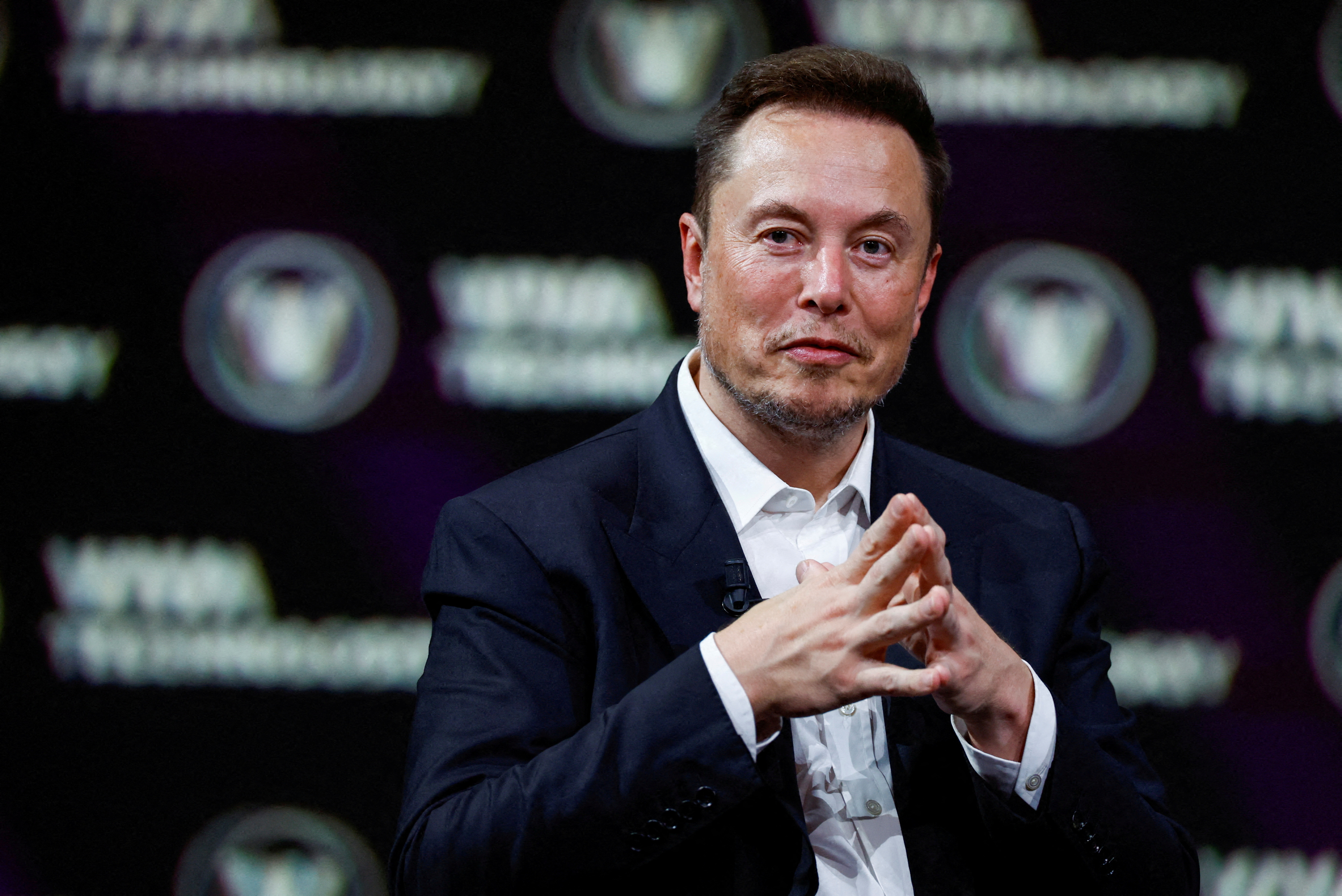
Tesla does not require any form of licensing from Elon Musk’s artificial intelligence company, xAI, according to a statement from Musk himself. Responding to a report by *The Wall Street Journal* that suggested the two entities were in discussions over a potential revenue-sharing agreement, Musk clarified the situation through his social media platform, X. He emphasized that while Tesla has gained valuable insights from its discussions with xAI engineers, there is no necessity to formalize this relationship through licensing.
This clarification comes amid growing speculation surrounding the potential integration of xAI’s artificial intelligence models into Tesla’s advanced driver-assistance systems. The report suggested that Tesla was exploring options to utilize xAI’s technology for its Full Self-Driving (FSD) software and possibly other emerging technologies, such as voice assistants for its electric vehicles and software for Tesla’s humanoid robot, Optimus. However, Musk dismissed the need for such a deal, stating, “Tesla has learned a lot from discussions with engineers at xAI that have helped accelerate achieving unsupervised FSD, but there is no need to license anything from xAI.”
Despite Musk’s denial of any licensing deal, there remains considerable interest in the potential collaboration between Tesla and xAI. Founded by Musk in 2023, xAI has been focused on pushing the boundaries of AI development, with its chatbot Grok being one of its most publicized ventures. There has been speculation that Grok could eventually be integrated into Tesla’s software systems, including FSD and possibly other applications within Tesla’s growing AI ecosystem.
Industry analysts continue to speculate on the broader implications of a Tesla-xAI collaboration. Musk has already expressed optimism about the role xAI could play in accelerating Tesla’s development of autonomous driving. During a conference in July, Musk hinted at the possibility of xAI contributing to Tesla’s next-generation data centers, which are vital for processing the immense volumes of data needed for FSD.
Musk’s broader vision for AI and Tesla’s future remains firmly rooted in his ambition to advance autonomous technology. He has previously suggested that AI could play a critical role in reducing traffic fatalities and transforming the transportation industry. However, the development of AI for autonomous driving has been fraught with challenges, including regulatory scrutiny and technical hurdles. The U.S. National Highway Traffic Safety Administration (NHTSA) has ongoing investigations into Tesla’s Autopilot and FSD systems, which have been linked to multiple crashes. Critics argue that the technology has yet to demonstrate the level of reliability and safety needed for widespread use.
Nevertheless, Musk remains undeterred in his pursuit of unsupervised autonomous driving. During his social media post, Musk reiterated Tesla’s progress towards full autonomy, crediting the work done by both Tesla and xAI engineers. He also highlighted Tesla’s ability to integrate cutting-edge AI without the need for external licensing, reinforcing his belief in the company’s self-sufficiency in AI development.
Beyond the technical developments, the relationship between Tesla and xAI is also being watched closely by investors. Some have speculated that Tesla’s future AI innovations could drive significant revenue growth, particularly as demand for autonomous vehicles increases. However, Musk’s statement indicates that any collaboration with xAI will likely remain informal, at least for the foreseeable future. He also revealed that Tesla is considering a $5 billion investment in xAI, further fueling speculation about the long-term partnership between the two companies.
As Tesla continues to innovate in AI, it faces increasing competition from other automakers and tech giants. Companies like Waymo, Cruise, and even Apple are also heavily investing in AI-driven autonomous vehicles. These rivals, however, have adopted different strategies, often relying on partnerships with external AI firms or acquiring AI talent through mergers and acquisitions.
The debate over AI and autonomous driving is far from settled, and Tesla’s decision to remain self-reliant in AI development may either prove to be a bold move or a significant risk. With regulatory bodies worldwide still determining how to handle the deployment of autonomous vehicles, Tesla’s ability to meet safety standards while pushing the boundaries of technology will be closely scrutinized.
As Musk continues to steer Tesla and xAI on parallel paths, the potential for collaboration between the two remains an intriguing prospect. While Tesla may not need to license xAI’s technology at this point, the company’s ongoing development of AI-driven products like the Optimus robot and autonomous driving software could benefit from future synergies between the two entities. Investors and industry watchers will continue to keep a close eye on how this relationship evolves, especially as Tesla aims to lead the charge in AI-driven transportation.




